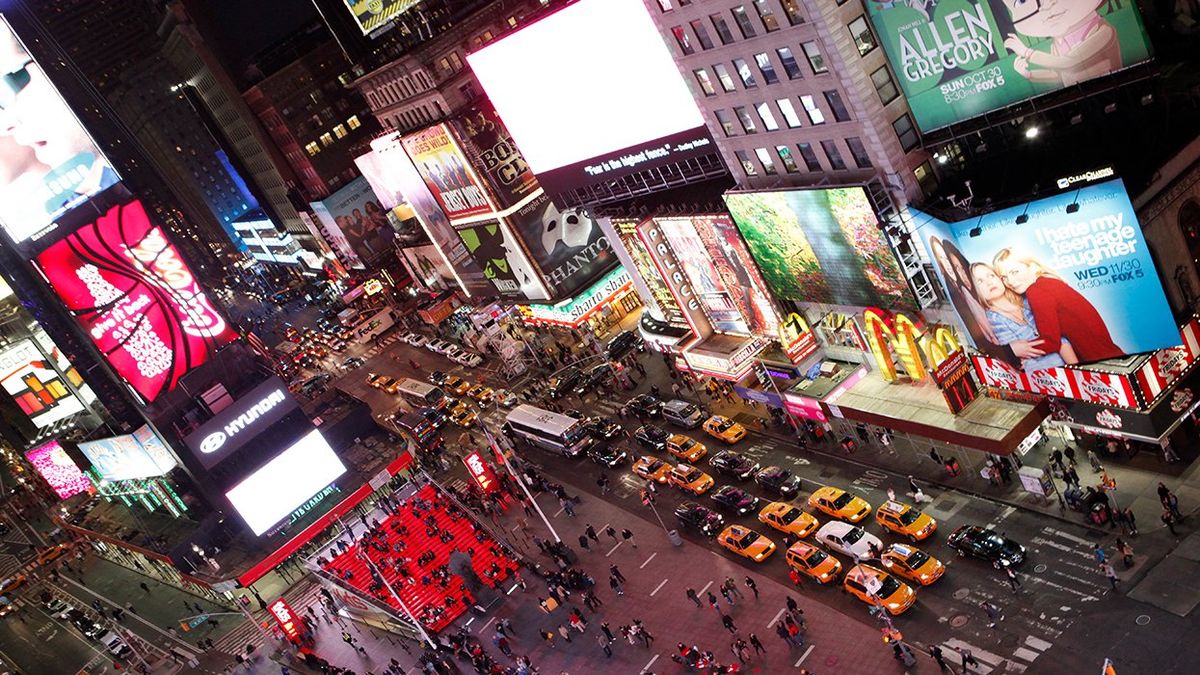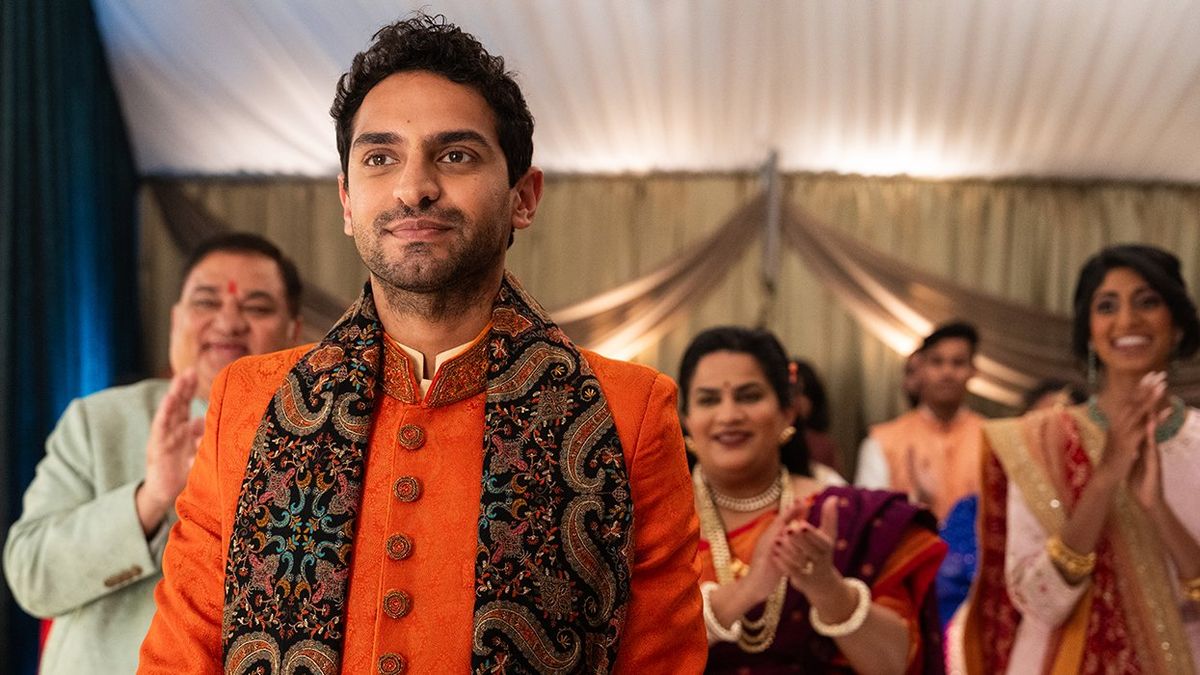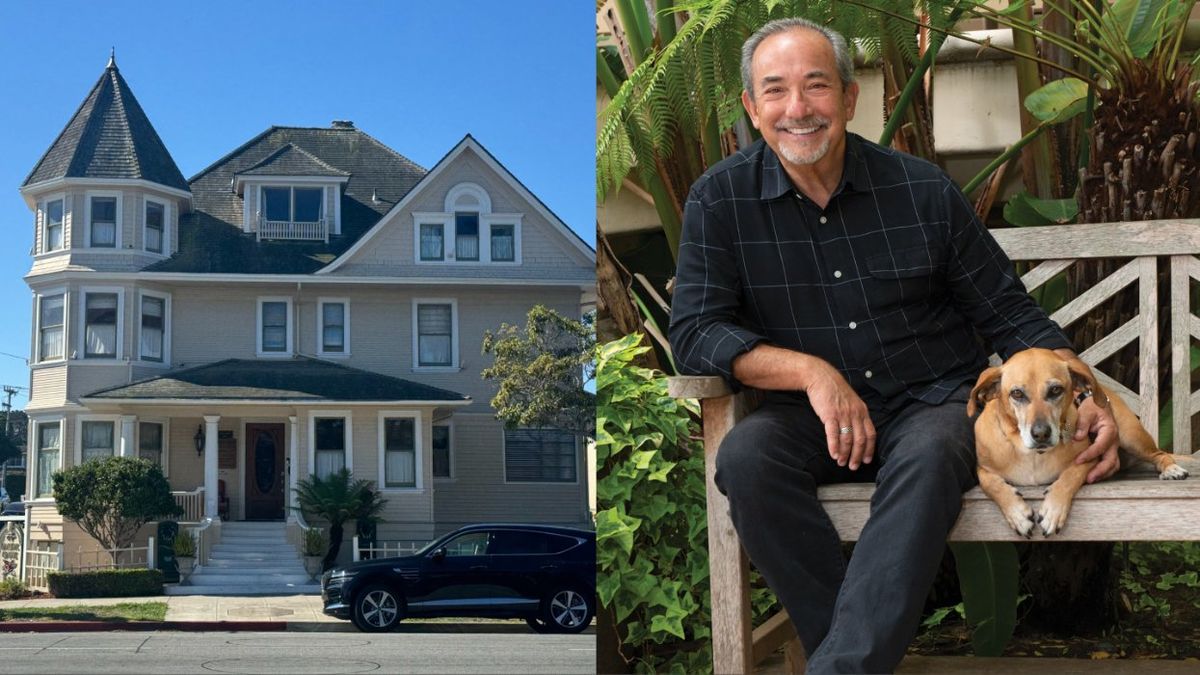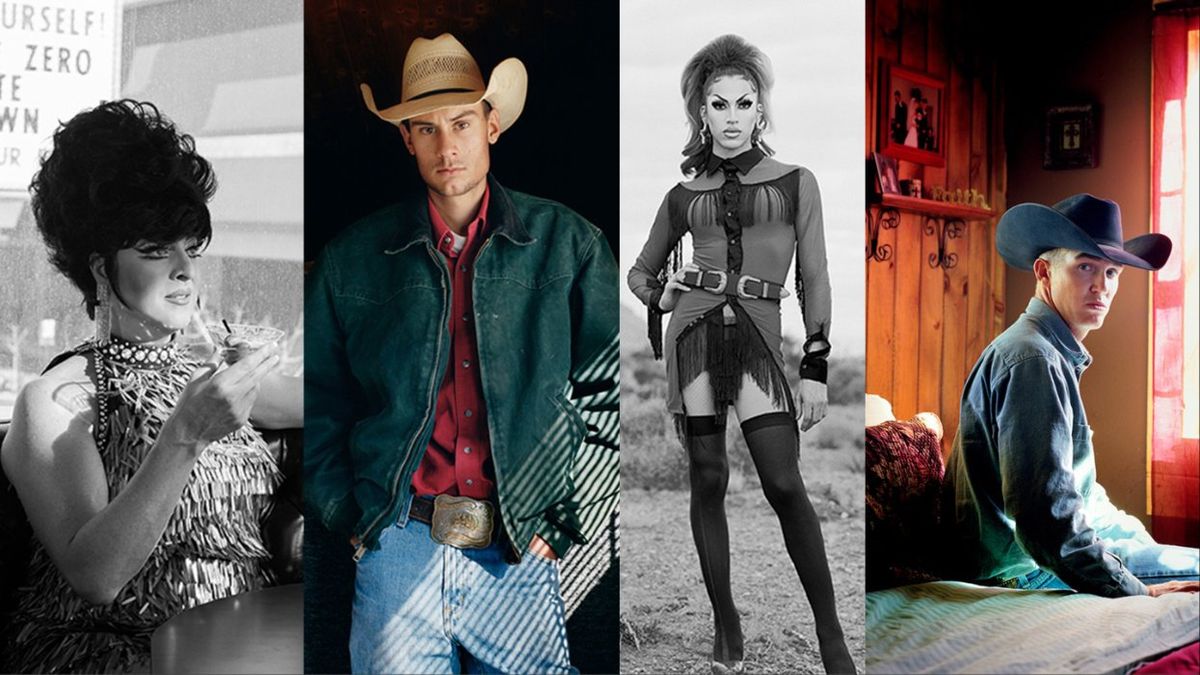In an act of potentially deadly defiance, a gay filmmaker questions and reclaims his faith while exposing Saudi Arabia’s violent conservatism.
For many, Mecca is a city in Saudi Arabia shrouded in mystery: impenetrable, unknowable. But for devout Muslims, the hajj, a pilgrimage to Mecca, one of Islam’s holiest sites, is a journey one must make in their time on earth.
Photographing or videotaping the hajj is strictly forbidden, so to see the swirling masses at the Kaaba, the sacred cuboid building in the middle of Mecca, as seen in Parvez Sharma’s intensely personal documentary, A Sinner in Mecca, gives audiences a voyeuristic thrill. We feel the claustrophobia, the danger, the violence as the camera — strapped secretly to Sharma’s neck — approaches the sacred object.
Related | Focus on Queer Middle East: Oriented
Many fundamentalist Muslims already revile Sharma, a proud gay man whose 2007 film, A Jihad for Love, questioned Islam’s treatment of LGBT people. Though homosexuality is punishable by death in Saudi Arabia, Sharma decided to go back in the closet — both as gay and as a filmmaker — to get the visa and permissions to make the hajj. Like a carefully constructed thriller, the film shows the tension that exists as Sharma makes his way toward the Kaaba; as irrational as it is, we wonder if he will be struck down for his impertinence to defile this hallowed object. He finally touches it, and the world doesn’t end. He feels relief, but he’s not out of danger yet. Sharma is ultimately traumatized by the experience.
The film is more than his struggle with reconciling his faith with his sexuality: it’s an open challenge to Wahhabism, the ultraconservative movement within Sunni Islam practiced by the majority of Muslims in Saudi Arabia. And it’s this political examination and challenge that has prompted death threats and hate speech directed at Sharma, and required extra airport-style security at many of the screenings in North America and Britain.
“Conservative Muslims are organizing themselves and coming with only one
purpose in mind: to publicly attack and shame the film,” Sharma says. “At a U.K. screening, it was a group of Saudi women who condemned the film in public. I tried to defend it. I have experienced hostility face to face, but this time was different. I crumbled.
They followed me out of the theater. It was an awful experience.”
During the Q&A session at the film’s first screening at HotDocs in Toronto, a young gay Muslim man was inspired to come out, thanking Sharma for making the film for all other gay Muslims who may never be able to make the hajj — but that experience was followed by hostile questions. When Sinner screened at Outfest in Los Angeles this summer, where it was awarded the Best Documentary Feature, a group of Iranians arrived to attack Sharma’s motivations for making the film.
Related | Focus on Queer Middle East: The Amina Profile
“They said I was fooling people because I dared to film the experience, and filming and prayer don’t go together, so I shouldn’t claim any sense of religiosity,” he says. “But being a filmmaker and a religious Muslim, I can divide my brain into halves, and it’s my natural instincts to film. No way I wasn’t going to document the most important journey in my life.”
Eager to reach as many viewers as possible, Sharma hands out DVDs to people who ask so they can organize screenings in Muslim world capitals. The film will be released in New York on September 4 and in Los Angeles on September 11, which will make it eligible for awards consideration, and Sharma says Netflix will stream the film. He hopes to reach a wide Muslim audience so that they can help change the religion that “has no resemblance to Islam as it was originally intended.”
“People are reacting very strongly. But most are reacting to a film they haven’t even seen.”
A Sinner in Mecca opens Sept. 4 at Cinema Village in New York City. Watch the trailer below:





















































































